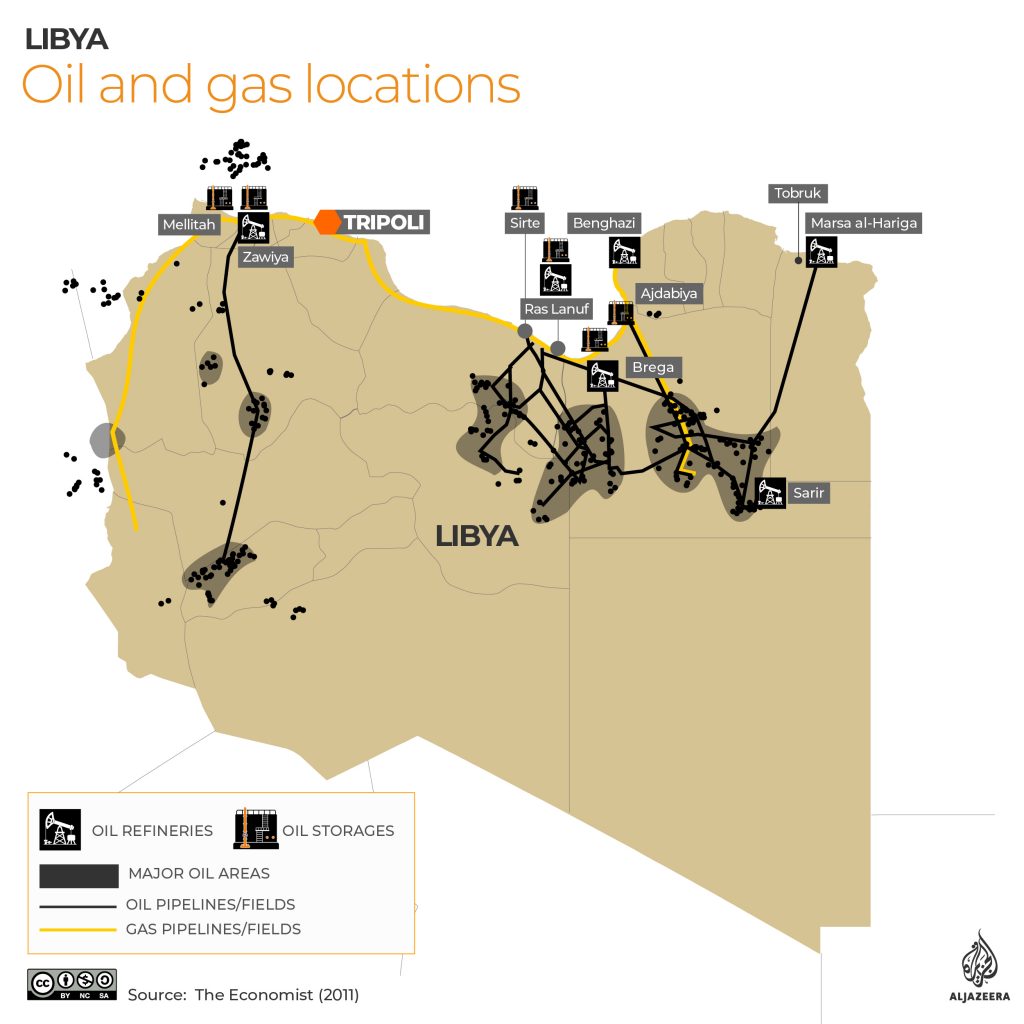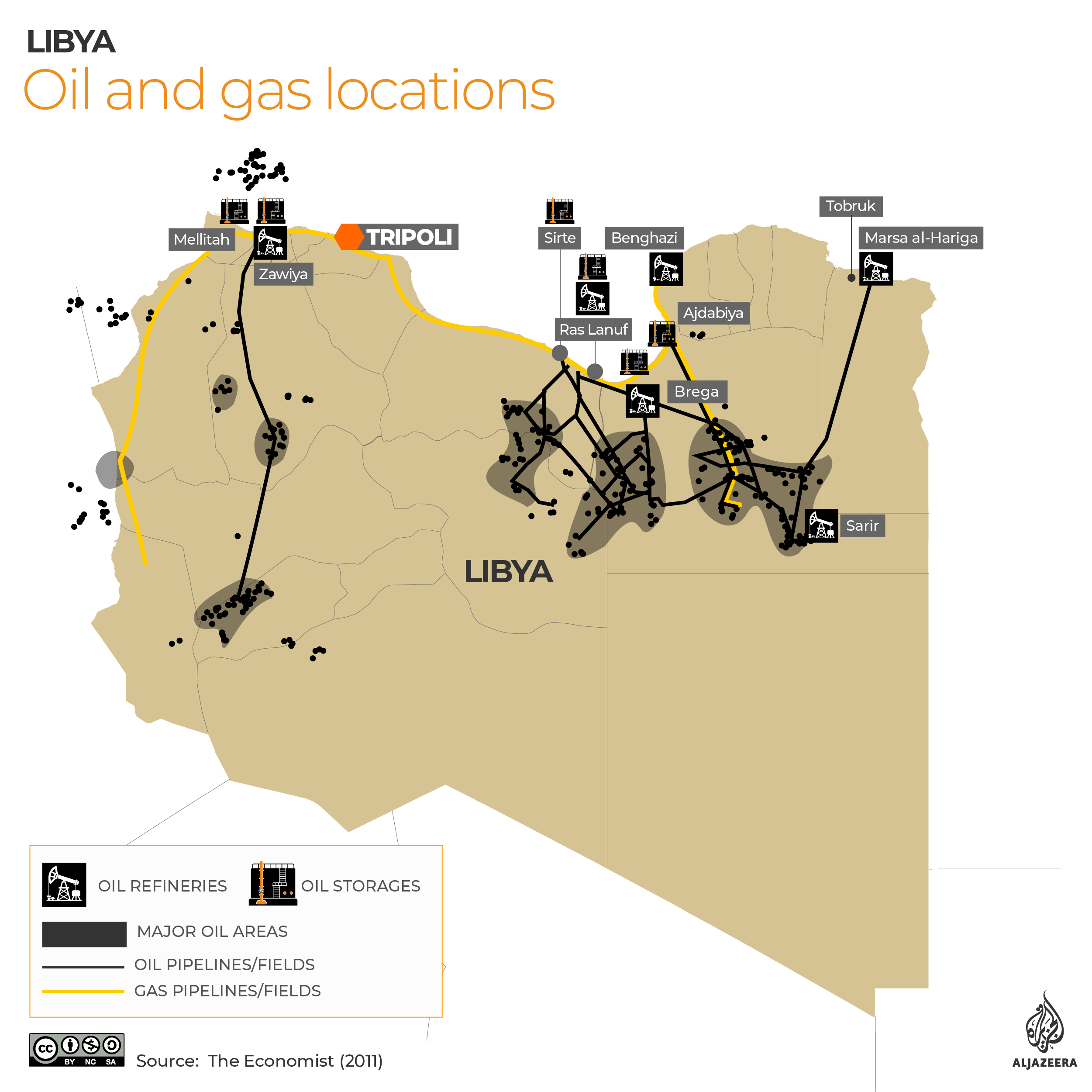
PEJOURNAL – Turkish President Recep Tayyip Erdogan said “some agreements” have been reached with his US counterpart Donald Trump that could herald a “new era” in the conflict in Libya.
Turkey supports the internationally recognised government of Fayez al-Sarraj, whose forces have in recent weeks driven back an assault on the capital, Tripoli, by the forces of renegade commander Khalifa Haftar.
While the US officially supports Libya’s UN-recognised Government of National Accord (GNA), Haftar is supported by Washington’s allies – Egypt, the United Arab Emirates (UAE), France, and Saudi Arabia – as well as Russia.
“After our call this evening, there could be a new era between the US and Turkey regarding the (Libya) process,” Erdogan told state broadcaster TRT on Monday.
“We reached some agreements during our call”, he said, and alluded to a “possible step” the two countries could take together, but offered no details.
A White House statement said Trump and Erdogan discussed the war in the North African country, as well as Syria and the wider eastern Mediterranean region, but gave no details.
Turkey’s support for the GNA has helped shift the balance in the country, leading the Tripoli-based forces to score a string of military victories in the country’s west and around Tripoli, inflicting a heavy blow to Haftar’s year-long campaign to capture the capital.
Last week, GNA forces also recaptured Tripoli’s airport, gaining the upper hand against Haftar’s Libyan National Army (LNA) based in the country’s east – the seat of the rival administration.
On Monday, the GNA’s forces launched offensive to seize the strategic city of Sirte, as it rejected a unilateral ceasefire proposed over the weekend by Egypt, a Haftar ally.
Oilfield targeted
Egypt had called for a ceasefire starting Monday, as part of an initiative which also proposed an elected leadership council for Libya. Haftar’s other supporters, Russia and the UAE, welcomed the proposal.
But Erdogan, whose support for the GNA’s forces helped change the course of the war, said the GNA would continue fighting to seize the coastal city of Sirte and the Jufra airbase further south in a strategic region of the oil-exporting country.
“Now the goal is to take over the whole Sirte area and get it done. These are areas with the oil wells, these are of great importance,” the Turkish president said.
Erdogan said he would also discuss Moscow’s role in Libya with President Vladimir Putin, including what he said was the supply of Russian planes and Pantsir air defences to Haftar’s forces.
“They have Pantsirs there, they sent 19 warplanes to Libya,” Erdogan said. “After talking with him, we can plan ahead.”
Meanwhile, on Tuesday, Libya’s National Oil Corporation (NOC) said an “armed force” had entered the Sharara oilfield and told employees to shut the oilfield, hours after maintenance operations started.
Al Jazeera’s Mamoud Abdelwahed, reporting from Tripoli, noted the facility is the country’s largest oilfield with a production capacity of 300,000 barrels of oil per day.
“It’s a major loss for the country and for the NOC,” said Abdelwahed. “An armed group stormed the facility and pulled weapons on the workers there and forced them to shut down production just three days after it resumed. The group is affiliated to Haftar.”
Brigadier Mohammed Khalifa, commander of the oil facilities guard force in the country’s south, which answers to Haftar, requested the operations at the Sharara oilfield, about 900km (560 miles) south of Tripoli, to be halted.
NOC said it instructed employees to reject “any military orders” regarding the operating and the maintenance of the field. However, two engineers at the field said they already halted operations, and the field was re-closed. They spoke on condition of anonymity because they were not authorised to brief the media.
The Libyan oil company said it again invoked force majeure, a contract clause that frees a party from liability whenever an extraordinary event or circumstance beyond its control takes place.
The Hamada pipeline running from Libya’s Sharara oilfield had just been reopened on Sunday, the Petroleum Facilities Guards said after it closed during a blockade on oil exports.
Production resumed following negotiations with the tribes to end its closure, in place since January. Production also resumed on Monday in the al-Feel oil field.
Sharara was to restart at a capacity of 30,000 barrels a day, with an expected return to full capacity within three months.
Oil, the lifeline of Libya’s economy, has long been a key factor in the civil war, as rival authorities jostle for control of oil fields and state revenue. Libya has the ninth largest known oil reserves in the world and the biggest oil reserves in Africa.
